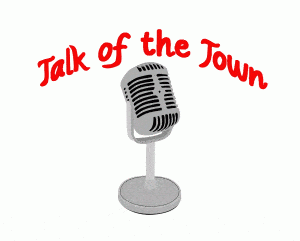(IARN) — U.S. residents will soon receive economic impact payments.
Individuals or head of household filers can expect one-thousand-two-hundred dollars, while married couples filing jointly and not dependent of another taxpayer can expect two-thousand-four-hundred dollars, according to the Internal Revenue Service.
Internal Revenue Service commissioner Chuck Rettig urges citizens to take extra care during this period, as scammers are using economic impact payments as a way to gain access to personal identifying information.
Scammers continue to call urban and rural residents alike, asking them for banking information required to deposit the so-called “Trump Dollars,” according to Sean Voskuhl, AARP Oklahoma State Director. These persons may contact you via phone, email, postal mail, text, or social media. One way to avoid falling victim to such acts is understanding how the federal government interacts with the public, says Voskuhl.
“Federal agencies will not email or text individuals regarding coronavirus economic impact payments,” Voskuhl said. “If an unsolicited email or text comes from a federal agency with information about the money or anything else related to the coronavirus, it is a scam that could infect someone’s computer with malware or ransomware.”
Volskuhl asks citizens to only trust information from validated sources.
“It’s important to follow information on any financial support from a source you trust and that you can validate,” Voskuhl said. “Do not give anyone your PayPal account information, Social Security number, bank account number, or anything else someone claims essential to sign you up for a stimulus check relating to the coronavirus pandemic.”
Story courtesy of our friends at Iowa Agribusiness Radio Network.












